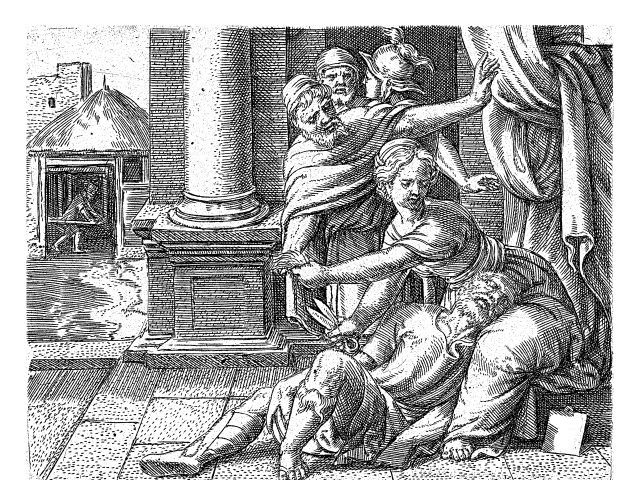Hair Transplant Surgery has become much more popular in the last few years with the number of clinics in the UK increasing. In addition, many clinics overseas advertise in the UK targeting prospective patients with offers of cheap package deals. With so much choice at different price points it is understandable that it can be difficult to make a decision. If you looking for how to choose your hair transplant surgeon you might want to consider the following points.
What you should know about your Surgeon
Are you able to meet with your surgeon before the day of surgery?
It is vital to have the opportunity to meet your hair transplant surgeon before the day of surgery. A thorough history and examination of your scalp should be carried out before suggesting any treatment plan.
Long-term planning is crucial to the success of your hair transplant and there is no-one better to do this than your surgeon.
What is the background of your hair transplant surgeon and do they perform both Follicular Unit Excision (FUE) and Strip Follicular Unit Transplantation (Strip FUT)?
FUE is certainly a more popular technique at the moment, but FUT is is often a better choice for many patients. Both techniques have their pros and cons and it is therefore important to consult with a surgeon who is comfortable with FUE and Strip FUT.
How many cases have they performed and over what period of time?
Don’t be shy to ask how many procedures your surgeon has performed and over what time.
The skill of the surgeon, will depend on them having experience with all different kinds of hair types and conditions. Performing one case every few months is not the same as performing hair transplant surgery every week.
Do they practise exclusively in hair restoration surgery or are they part time?
We believe the best hair transplant clinics in the world are focussed purely on hair restoration.
They will be very familiar with Follicular Unit Excision (FUE), linear strip excision aka Strip Follicular Unit Transplantation (Strip FUT) as well as the non-surgical side of treating hair loss.
Those who have specialised in hair transplant surgery will also make an effort to attend regular conferences such as those held by the British Association of Hair Restoration Surgery and the International Society of Hair Restoration Surgery.
What qualifications does your surgeon have?
Hair Transplant Surgeons in the UK come from a variety of backgrounds, hence there will be some variability in their post-graduate qualifications. In the field of hair restoration however there is only one qualification and that is The American Board of Hair Restoration Surgery.
The American Board of Hair Restoration Surgery is internationally recognized as the only board certification focusing on hair restoration surgery for physicians worldwide.
Why is it important to meet with your hair transplant surgeon before the day of surgery?
Any decent hair transplant surgeon will always start by taking a thorough history and examining your scalp to diagnose the cause of your hair loss.
This is essential as although in the majority of cases the cause may be male or female pattern hair loss there are other less common causes of hair loss which need to be picked up.
Once the diagnosis has been established a treatment plan will be proposed.
This will usually include both the surgical side of hair restoration i.e. Follicular Unit Excision (FUE) and Strip Follicular Unit Transplantation (Strip FUT), as well as the non-surgical side.
If you are a candidate for surgery both techniques should be discussed as they both have their pros and cons. One technique will usually emerge as being more suited for you.
Patient selection, long-term planning are donor management are some of the most challenging aspects of hair restoration surgery. An experienced hair transplant surgeon will be able to discuss all of the above with ease.
A lot of clinics use salespeople to recommend treatment plans. If you are serious about finding out which hair transplant surgeon is right for you, you must meet the surgeon before signing up to treatment.
Is it important for my hair transplant surgeon to perform both Follicular Unit Excision (FUE) and Strip Follicular Unit Transplantation (Strip FUT)?
FUE and FUT are the two main techniques in surgical hair restoration. Both techniques have their pros and cons and at The D’Souza Clinic we feel that it is important for your hair transplant surgeon to offer both techniques.
The reason behind this is that hair restoration is about donor vs recipient size i.e do I have enough hair to take from the back of the head to cover the area of hair loss at the top?
In the same patient the maximum number of grafts obtained with each technique will differ. If your surgeon is familiar with FUE and Strip FUT they will be able to estimate the number of grafts achievable with both techniques.
There can often be quite a difference in numbers of grafts likely to be achieved and depending on the size of the area to be covered one technique may prove to be much more suitable than the other.
Christopher’s advice
I recommend you choose a surgeon who is a diplomate of the American Board of Hair Restoration Surgery (ABHRS), which is the only recognised qualification in the world for hair transplant surgery. For physicians practising in the UK I would expect them to also be members of the British Association of Hair Restoration Surgery (BAHRS) and the International Society of Hair Restoration Surgery (ISHRS).
If you would like to arrange a consultation to discuss possible treatments please get in touch on 0207 770 6538 or reception@thedsouzaclinic.com.
Talk to your Surgeon about your hair loss
Call us +44 (0) 207 770 6538
Mr D’Souza personally leads each new patient call and consultation.
What’s involved at a consultation?.







